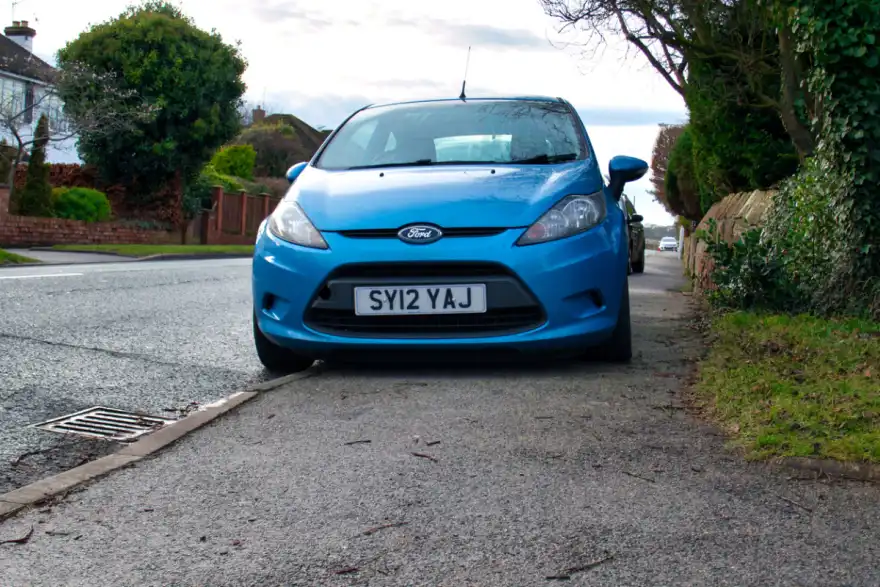
Glasgow's new pavement parking ban is set to kick in this month, and it’s expected to stir up some pushback from drivers. The city is following Aberdeen and Edinburgh, which already have similar bans in place. Scotland's government passed a law last year to outlaw parking on pavements, aiming to make walking spaces safer and more accessible.
While Wales is currently in consultation and England’s 2022 review didn’t reach a decision, it’s possible both countries could follow Scotland’s lead and implement nationwide bans. Calls for change have been growing since early 2024, with people pushing for stricter driving laws to stop pavement parking.
Back in 2020, the Conservative government ran a three-month consultation on a potential nationwide ban but never made a final decision. Now, with Labour in power, there’s speculation that parking law changes might finally happen. The Department for Transport has acknowledged that pavement parking is a problem, particularly for people with mobility or vision issues, and is reviewing its options.
Louise Haigh, the new Secretary of State for Transport, has supported stronger parking regulations in the past to protect vulnerable road users. In 2018, she highlighted how "Current laws on pavement parking are often costly for councils who are having to repair damaged pavements but are extremely dangerous for vulnerable road users.
"There are ways that local councils, along with the police, can act to tackle on-street and pavement parking, such as under legislation governing obstruction and dangerous parking, and designating limited areas of 'no pavement parking'".
London has had a pavement parking ban since 1974, with fines up to £130, reduced to £65 if paid within 14 days. Now Scotland is rolling out its national ban, which started in Edinburgh in January 2024, followed by Aberdeen in July. Glasgow’s rollout was delayed due to technical issues, but it’s now set to go live this month. Drivers caught parking on pavements face a £100 fine, reduced to £50 if paid early, and in some cases, their cars could be impounded.
Transport Minister Fiona Hyslop said: “The message here is clear: pavement parking is unsafe, unfair and illegal, and you could be fined up to £100 for it"
"Scotland is the first of the four nations to make pavement parking illegal nationwide. This change in legislation is a step towards developing communities that are better able to support active travel."
Despite these efforts, drivers aren’t all on board. A survey by YourParkingSpace found that only 39% of motorists support a UK-wide pavement parking ban. Many drivers park on pavements to avoid blocking traffic on narrow roads or to protect their cars from passing vehicles. However, groups like the Local Government Association (LGA) have called for a ban across England, saying it would make streets safer and help people with mobility challenges.
The LGA points out that older people, parents with strollers, and those with disabilities often have to navigate around cars parked on pavements, forcing them into the street, which increases their risk. The problem is especially dangerous for people who are blind or partially sighted.
While the UK government’s previous consultations didn’t reach a conclusion, local authorities and organisations are pushing for stronger laws. In Scotland, only 12 streets in Glasgow will be exempt from the ban, where pavements are wide enough to accommodate both pedestrians and parked vehicles without causing obstruction.
Do you think England should introduce a pavement parking ban? Let us know your thoughts in the comments below...




